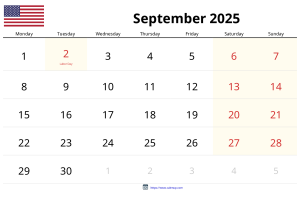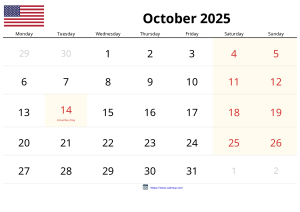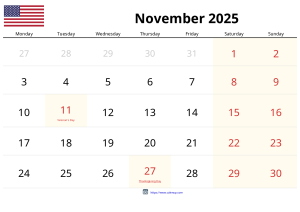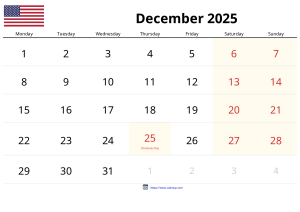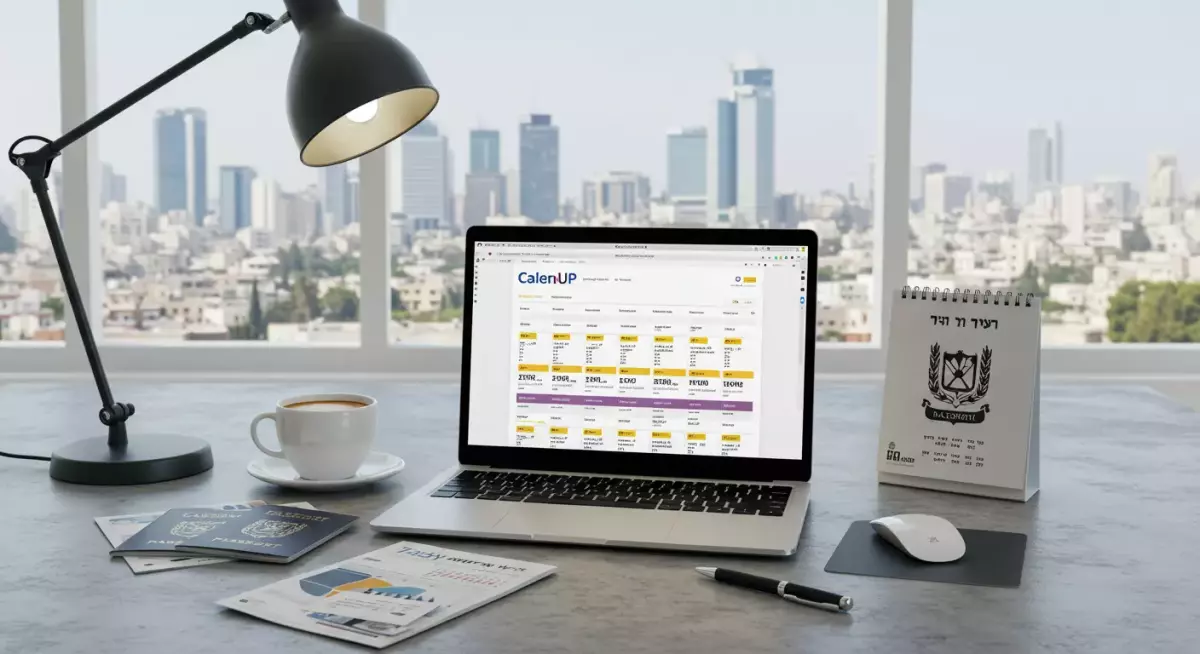Imagine walking through cobblestone alleys in Jerusalem, feeling the weight of millennia of history, and, just a few hours later, being in a café in the vibrant Tel Aviv, at the heart of one of the most innovative startup ecosystems in the world. This is Israel, a country where the sacred and technology not only coexist but complement each other.
More than just a list of dates, this is your strategic guide to navigating the complex and fascinating Israeli calendar. Its holidays, based on the Hebrew calendar, are the key to understanding the soul of the country and planning a trip that goes far beyond traditional tourism.
The Rhythm of the Calendar: The Great Seasons of Israel
The Israeli calendar is defined by its religious holidays and the Mediterranean climate. Choosing the right date is crucial for your experience.
Spring and Jewish Passover (March to May)
Considered by many to be the best time to visit. The weather is perfect, the country blooms after the winter rains, and it celebrates one of its most important holidays.
- Purim (Movable date): The Jewish "Carnival." It is a day of celebration, costumes, and joy, especially in Tel Aviv.
- Passover (Movable date): A week-long holiday that celebrates the liberation of the Hebrews. It is a time of great activity, with many cultural events and traditional meals.
Autumn and the "High Holy Days" (September to October)
Another season of excellent weather, marked by the most important and solemn holidays of Judaism.
- Rosh Hashanah (Jewish New Year): The beginning of the "Days of Awe," a period of reflection.
- Yom Kippur (Day of Atonement): The holiest day of the year. The country comes to a complete stop: there are no cars on the streets, the airport closes. It is a surreal experience.
- Sukkot (Feast of Tabernacles): A week of celebration where families build "sukkahs" (huts) and celebrate the harvest.
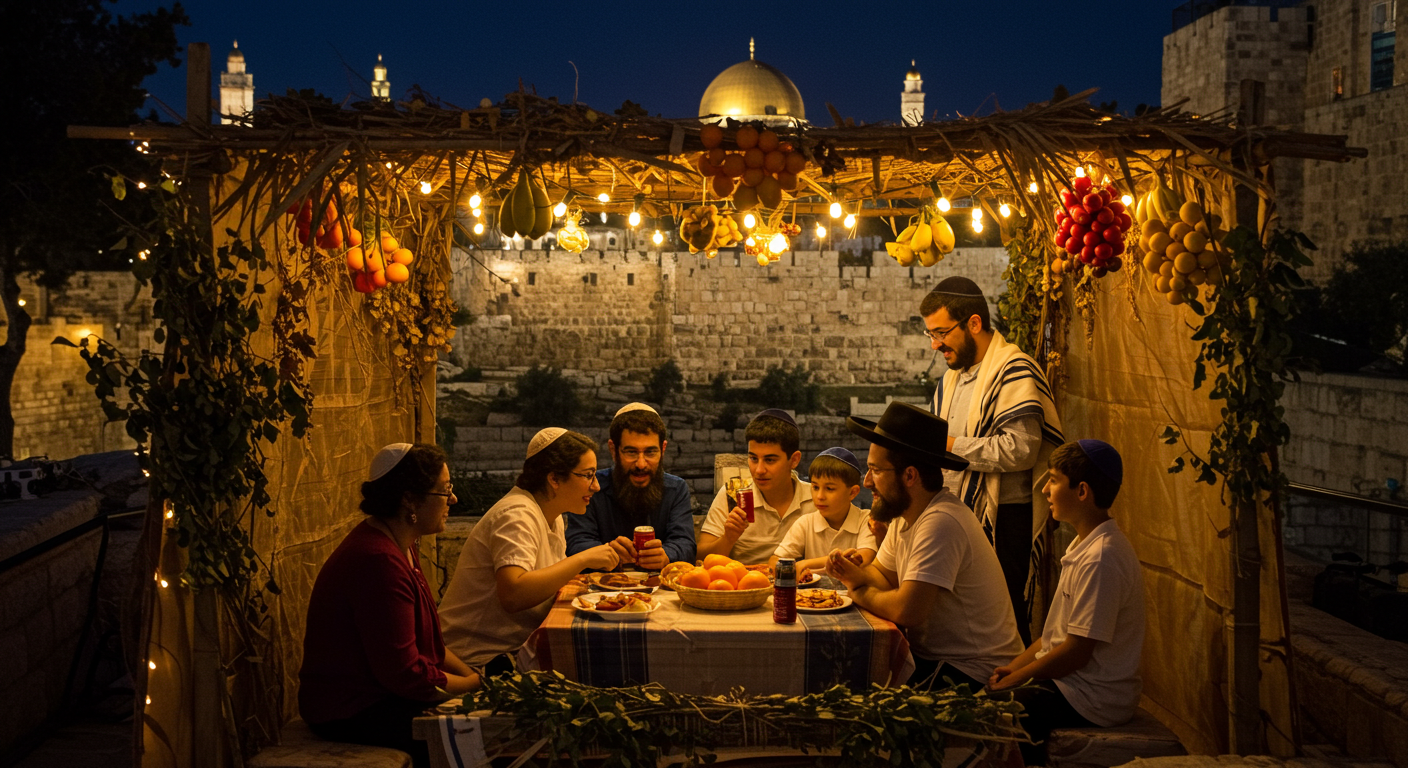
The Travel Dream: A Business Mission in the "Silicon Wadi"
For many professionals, traveling to Israel is not tourism; it is a mission. It is the opportunity to connect with the "Silicon Wadi," the second-largest startup ecosystem in the world after Silicon Valley.
Planning Your Business Trip to Tel Aviv
Your trip will likely start with a flight to Ben Gurion Airport (TLV). The national airline, El Al, offers direct flights from major hubs. To stay productive, consider using the coworking spaces of global Israeli companies like Wix or Monday.com.
Master Tip: Schedule your meetings from Sunday to Thursday. The work week in Israel is from Sunday to Thursday, and the weekend ("Shabbat") begins at sunset on Friday and goes until sunset on Saturday, when almost everything closes.
Attention: Many applications and digital services, including some transport apps, may have limited functionality or stop working completely during Shabbat. Plan your transport for Friday night in advance.
The Secret of the Hebrew Calendar
Here is a tip that most guides don't tell you and that is crucial for any traveler: all Jewish holidays begin the night before. The day in Israel starts at sunset, not at midnight.
For the tourist, the secret is knowing that on the eve of a major holiday, like Yom Kippur, public transportation stops and stores close in the afternoon. Planning around the "beginning" of the holiday, and not just the day itself, is the real insider tip to avoid being caught off guard.
National Holidays Calendar of Israel 2025
These are the official holidays ("Chagim") observed throughout the country. The dates in the Gregorian calendar change each year.
| National Holiday | Approximate Date in 2025 |
|---|---|
| Purim | March |
| Passover (first and last day) | March/April |
| Yom HaAtzmaut (Independence Day) | April/May |
| Shavuot | May/June |
| Rosh Hashanah (2 days) | September/October |
| Yom Kippur | September/October |
| Sukkot (first and last day) | September/October |
| Hanukkah | December (not a day off) |
Want the Complete Year Vision?
Access our interactive annual calendar to see all the holidays, plan your vacations, and organize your year with the complete vision.
Access the Annual Calendar of 2025The Journey Through Time: An Itinerary for the Holy Land
For millions of people, a trip to Israel is a pilgrimage. It is not about visiting tourist spots, but about walking through history. This is a suggested itinerary to feel the ancient energy that emanates from every stone.
Days 1-3: The Heart of the World - Jerusalem
Your journey begins in the Old City. Get lost in its alleys, feel the energy of the Western Wall, walk the Via Dolorosa, and visit the Holy Sepulchre. For a complete immersion, consider staying at a historic hotel like the InterContinental, with views of the old city.
Day 4: The Lowest Point on Earth - Dead Sea
Take a day trip to the Dead Sea to float in its hypersaline waters. On the way, take a cable car to the fortress of Masada at sunrise for an unforgettable view. The experience is unique and many tour agencies, such as Bein Harim Tours, offer daily tours departing from Jerusalem.
Day 5: The Banks of History - Galilee
Travel north to the region of the Sea of Galilee. Visit biblical sites such as Capernaum, the Mount of Beatitudes, and Nazareth. It's a drastic change from the intensity of Jerusalem to the tranquility of the fields where history was written.
Master Tip: The most enriching (and stress-free) way to take this trip is with a guided tour. Renowned international Israeli agencies, such as Bein Harim Tours or Abraham Tours, take care of all the logistics and, most importantly, the licensed guides who turn ruins into living stories.
Attention: The "Jerusalem Syndrome" is a real psychological phenomenon. The emotional and spiritual intensity of the city can be overwhelming. Go slowly, stay hydrated, and allow time in your itinerary to simply sit, watch, and absorb. Don’t try to see everything in one day.
Essential Tips for Traveling in Israel
- Shabbat is Taken Seriously: From sunset on Friday to sunset on Saturday, public life comes to a halt. Public transportation does not operate. In Jerusalem, most restaurants close. In Tel Aviv, a more secular city, many options remain open. Plan ahead.
- Security is Visible: Do not be alarmed by the heavy presence of security and soldiers, especially in public places and airports. It is a normal part of daily life and contributes to Israel being statistically a very safe country for tourists.
- The Shuk Experience: For a cultural and culinary immersion, visit the markets. The Mahane Yehuda in Jerusalem and the Carmel Market in Tel Aviv are vibrant experiences, perfect for tasting local foods.
The Business and Startup Calendar in Israel
For professionals interacting with the "Silicon Wadi" ecosystem, understanding the calendar goes far beyond holidays. It’s about knowing when the country speeds up and when it slows down.
The Jewish Calendar Explained for Business
Israel's holiday calendar is lunisolar, which means that dates change every year. For a project manager, this is crucial: a deadline that worked well in September one year may fall right in the middle of Rosh Hashanah the following year, bringing everything to a halt. Using a tool that converts these dates to the Gregorian calendar is essential for any business trip to Israel.
Holidays that Close the Airport and Paralyze the Country
The question "when not to travel to Israel" has an absolute answer for business: Yom Kippur. On this holiday, the entire country shuts down for 25 hours. Ben Gurion Airport (TLV) halts all operations, there are no cars on the streets, and all businesses close. It is the only day of the year when the country completely disconnects from the world.
The Startup and Innovation Events Calendar
Beyond traditional holidays, the events calendar for startups in Israel is vital. Major conferences like the "OurCrowd Global Investor Summit" (usually in spring) and "Cybertech Tel Aviv" (beginning of the year) are the most important dates for networking and business. Mapping these events is as important as knowing the holidays.
Conclusion: Israel, a Journey That Transforms
The Israel Holiday Calendar is your map to one of the most profound and contrasting journeys you can take. Using these dates as a guide ensures that you enjoy not only the sacred sites and technological innovation but also the resilient and vibrant soul of a country that lives intensely its history and its future.
